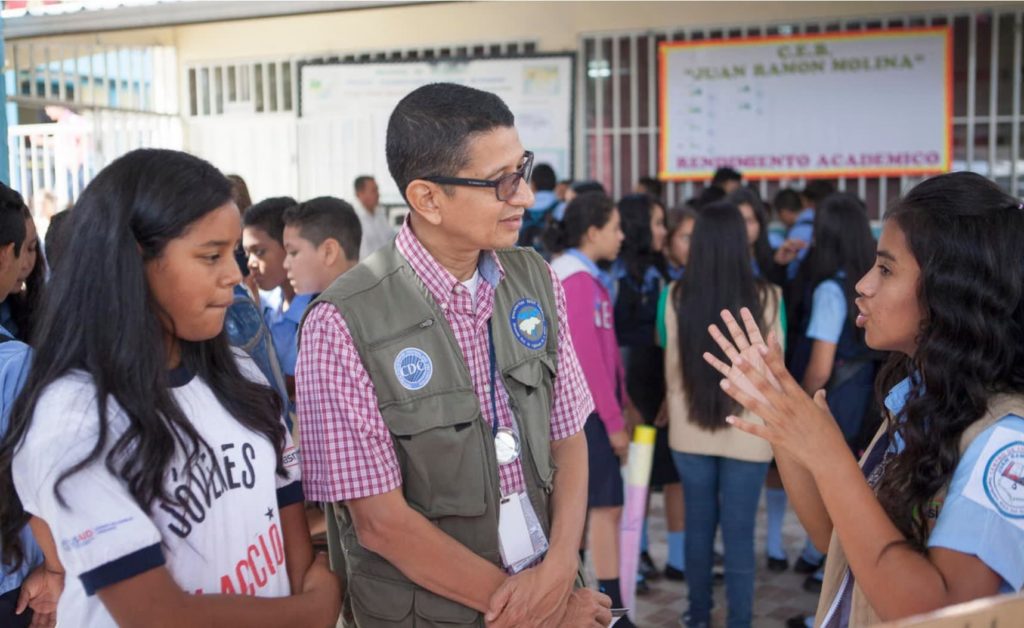One of the key components to efficiently responding to global outbreaks is learning and adapting from past experiences. Reflecting on these lessons and how they can be adapted to fit our needs during the COVID pandemic can save time and help ensure an effective response. Here, we share lessons learned and effective practices from the 2016-19 USAID Zika response that are once again relevant, no matter the health emergency.
What can we learn from past public health emergencies? As a knowledge management project, it’s a question we’ve asked many times, and one that elicits strong opinions and diverse responses. One of the key components to efficiently responding to global outbreaks is learning and adapting from past experiences, while simultaneously considering the unique factors of the current COVID-19 pandemic. Reflecting on these lessons and how they can be adapted to fit current needs can help implementers save critical time and implement an efficient and effective response.
This is why we’ve compiled overarching lessons learned and effective practices from the USAID Zika response that can be applied to COVID-19 today. From 2016 to 2019, more than 20 USAID partners worked in 21 countries to support and strengthen systems for Zika response efforts in order to minimize negative pregnancy outcomes.
These initiatives generated important lessons learned and demonstrated effective practices that can serve to inform and strengthen future responses to public health emergencies —including those unrelated to Zika.
In order to document these essential insights, the Knowledge for Health project reviewed over 90 documents from implementing partners to identify overarching effective practices and lessons learned. The insights were then vetted by USAID and Zika partners during a three-day in-person Share Fair—that brought together 75 participants representing 18 partner organizations and projects from 14 countries. At the event participants came to consensus around the design, implementation, and utility of effective practices and lessons learned from USAID’s Zika response to inform the design and implementation of future emergency responses, such as COVID-19. The resulting insights included in Learning from Zika: A synthesis of lessons learned for future public health emergencies offer something for nearly every project and cover a wide array of topic areas.
Integrating what we’ve already learned from the Zika response can help ensure we leverage our collective knowledge and experiences to strengthen the current and future COVID-19 response. For more resources related to COVID-19 and family planning, check out more of our related content.






